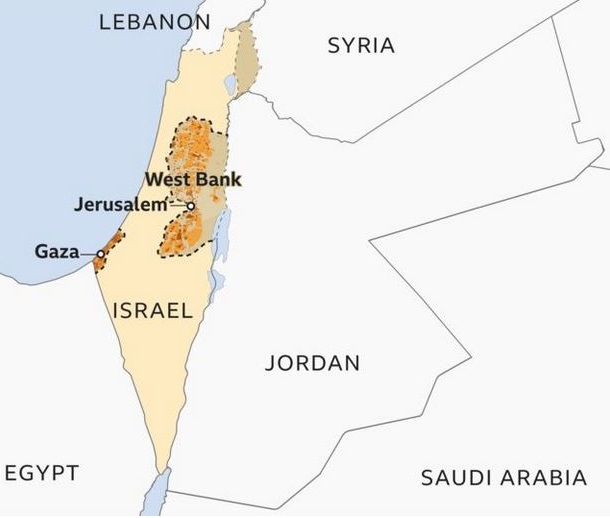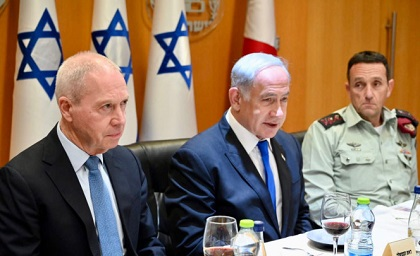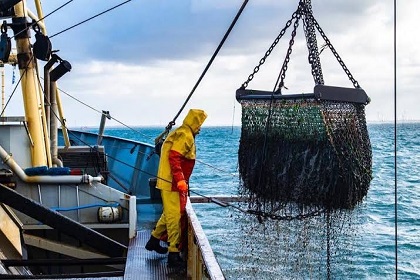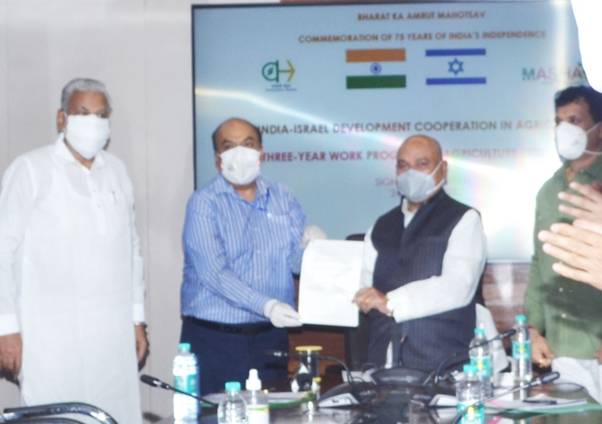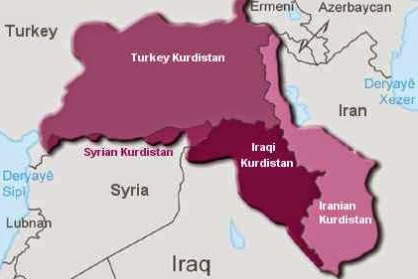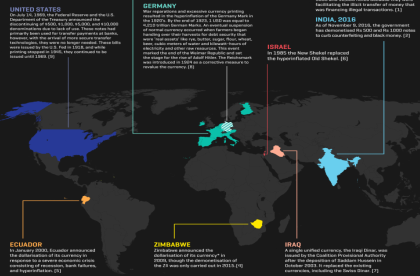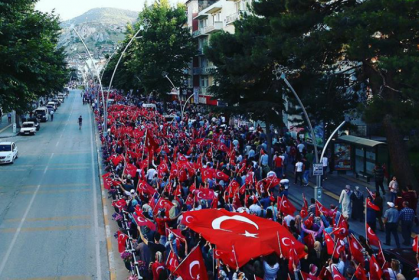Netanyahu the political survivor
Israeli Prime Minister Benjamin Netanyahu has secured his political survival since October 7 by managing his key constituencies – domestic and in the U.S. – and doubling down on his war strategy. Now he is making another calculated risk – to ensure a non-nuclear Iran, and thereby his continued political positioning.



